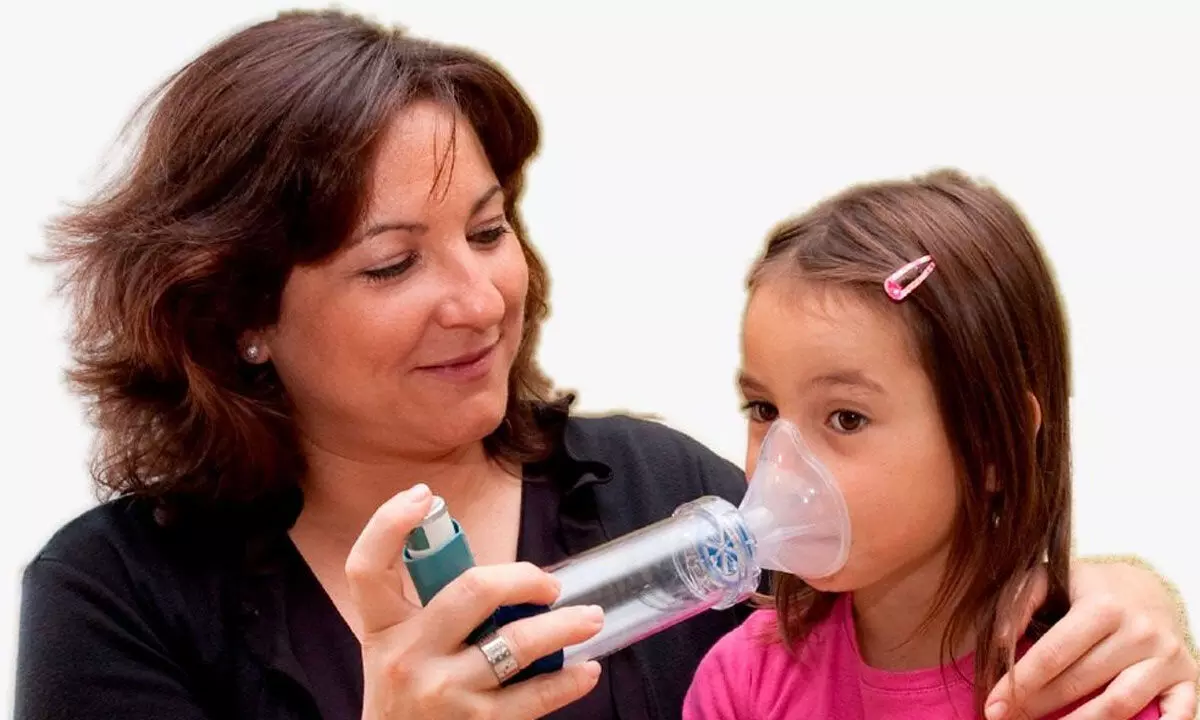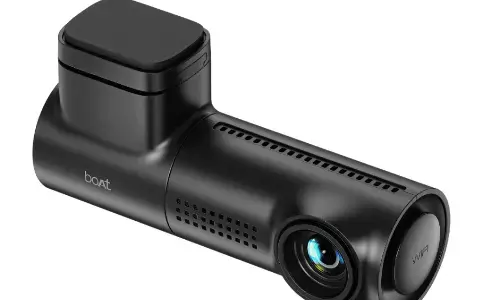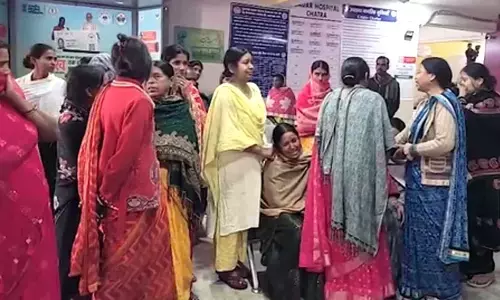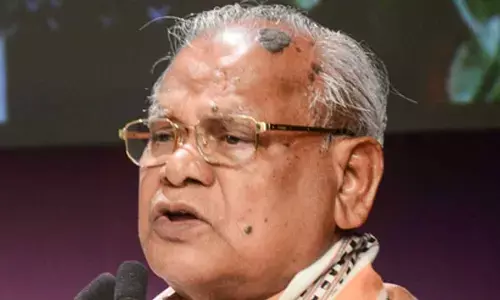Empowering Parents: Navigating Asthma Care For Children

Asthma in children is a condition where the lungs and airways become inflamed easily in response to various triggers, such as inhaling pollen or catching a cold. Symptoms often include coughing (both dry and with mucus), wheezing, shortness of breath, and laboured breathing
In infancy and early childhood (i.e. 0-3 years), asthma symptoms are usually triggered by viral infections rather than allergies. However, as children grow (7-11 years), triggers shift more towards allergies, with exercise-induced symptoms becoming more apparent, due to increased physical activity. During this time some children may have severe asthma attacks due to specific triggers like cold weather or seasonal allergies. Asthma can cause daily symptoms that disrupt play, sports, school, and sleep. In fact, a study in India revealed that around 66% of children aged 6-7, missed school or activities due to wheezing, and 44% were hospitalized at least once in the past year for breathing difficulties.
Diagnosis of Asthma
Asthma in children can be difficult to diagnose. This is because there are several childhood conditions which have similar symptoms or occur along with asthma like rhinitis, sinusitis, and gastroesophageal reflux disease (GERD). Parents play a crucial role in this process by monitoring symptoms, noting their frequency, and providing a detailed medical history. This observational insight is vital for healthcare professionals (HCPs) to assess asthma’s severity and patterns.
HCPs may recommend specific tests to aid diagnosis. For children over five, lung function tests like peak expiratory flow (PEF) and spirometry can determine if airflow is obstructed. A fractional exhaled nitric oxide (FeNO) test, often used in school-aged children, helps detect airway inflammation. Additionally, allergen tests, either through skin prick or blood tests, identify inhalant allergens that may exacerbate asthma symptoms. Understanding these diagnostic tools can help parents and HCPs work together to manage and treat childhood asthma effectively.
The fundamental of Managing Asthma in Children
Asthma is a chronic condition that, while irreversible, is manageable with early detection, diagnosis, and treatment. For children, controlling asthma typically takes around three years post-diagnosis, underscoring the importance of diligent follow-up and robust management strategies early on. The primary goal of asthma treatment is to keep symptoms under control, ensuring minimal flare-ups, no restrictions on physical activities, limited use of quick-relief inhalers, and minimal side effects from medications. The right treatment depends on the child’s age, symptoms, triggers, and the most effective methods for control.
Inhaled therapy, particularly with the use of inhalers and spacers, is a cornerstone of asthma treatment. It delivers medication directly to the lungs, requiring smaller dosages. Proper inhaler technique is crucial for effective treatment, and both patients and their parents/caregivers need to be well-trained in its use. Educating children and parents on correct inhaler usage is essential for optimal disease management.
Furthermore, parents should work closely with doctors to establish a personalized asthma action plan, which helps monitor asthma attacks, symptoms, medication side effects, and overall response to treatment. This plan can be adjusted as needed to ensure effective management. In addition to medication, lifestyle measures play a vital role in managing asthma. Limiting exposure to irritants, avoiding tobacco smoke, encouraging physical activity, ensuring regular medical check-ups, and controlling acid reflux are all important steps in maintaining a child’s respiratory health and overall well-being.
A Future Secured and Empowered
Proper asthma management is crucial for ensuring children with asthma lead healthy, active lives. Parents play a pivotal role in this process by staying informed and proactive about their child’s condition. Support and resources are available to assist parents in this journey. Joining support groups and online communities can provide valuable peer advice and emotional backing.
Educational resources and workshops offer practical knowledge and skills for managing asthma effectively. Additionally, collaborating with schools to create a supportive environment for children with asthma ensures they receive the necessary care and accommodations to thrive academically and socially.
(The writer is a Pediatrician, Hyderabad)









